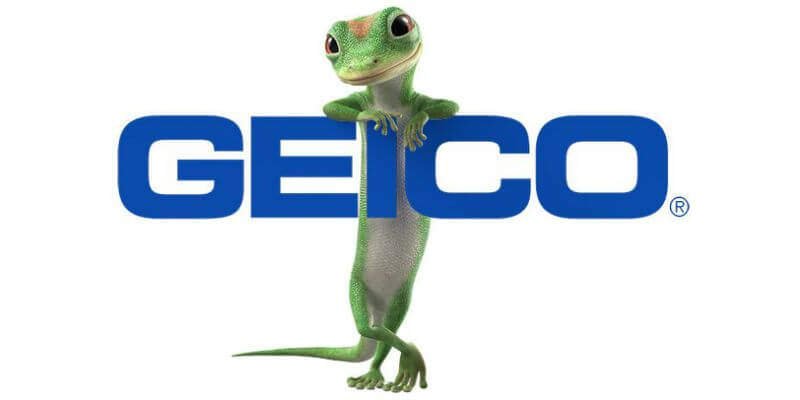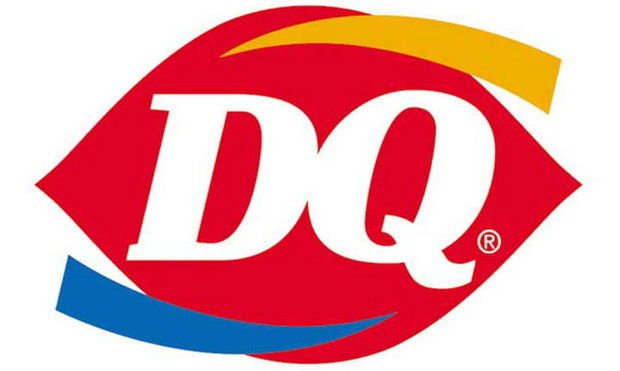
Warren Buffett took Berkshire Hathaway from a failing textile mill to the behemoth holding company we know of today. But after all of this growth, why doesn’t Berkshire Hathaway pay dividends to its shareholders?
Berkshire Hathaway doesn’t pay dividends for a number of reasons, the primary reason being that investors agreed that Buffett would use the money more efficiently than shareholders would.
The Story of Berkshire Hathaway, and How Warren Buffett Acquired It
Berkshire Hathaway wasn’t always a holding company, nor was it always Berkshire Hathaway.
The company began separately, when Berkshire Cotton Manufacturing Company merged with Valley Falls Company in 1929, forming the Berkshire Fine Spinning Associates, a textile factory that produced none other than cotton.
By 1917, the company had grown into one of the largest cotton textile companies in the world, and continued to grow as it acquired Parker Mills in 1931, and built up to 11,000 workers at 11 different mills.
The Feud
In 1955, Berkshire Fine Spinning Associates merged with Hathaway Manafacturing Co, to form Berkshire Hathaway, led by Seabury Stanton.
Warren Buffett came into the mix in 1962, when one of Berkshire’s mills began failing and the stock was cheap. Buffett started buying shares at $7.60, and continued to accumulate these shares as fast as he could buy them.
2 years later, in 1964, CEO Seabury Stanton made Buffett an offer of $11.50 per share to buy them back. Buffett agreed, but when he received the offer in writing, Stanton had only offered $11.38 per share.
Needless to say, Warren felt cheated, and he felt used. Never cause Oracle of Omaha to feel those things.
Warren kept his shares, and started buying more shares at an even faster rate. He wasn’t buying it for the textile mill now, he was buying it to oust Seabury Stanton.
It wasn’t long before Warren Buffet took control of the company and fired Seabury Stanton. Buffet then took a different course with the company. He began purchasing stock through Berkshire, turning it into what it is today.
Berkshire Collects a lot of Dividends, but Doesn’t Pay Any
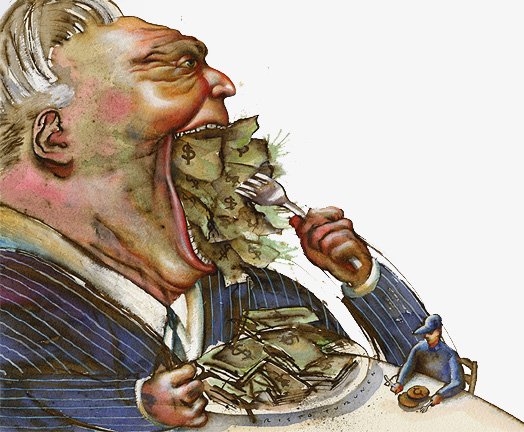
Berkshire Hathaway collected a whopping $3.8 billion in dividends last year. Isn’t it fair that some of the dividends are paid out to shareholders?
Some would consider it fair, while others would prefer Berkshire to keep the money and reinvest it for further growth.
The Reasons Why Berkshire Hathaway Doesn’t Pay Dividends
There are multiple reasons as to why Berkshire doesn’t pay dividends, and when asked, this is what Warren Buffett said:
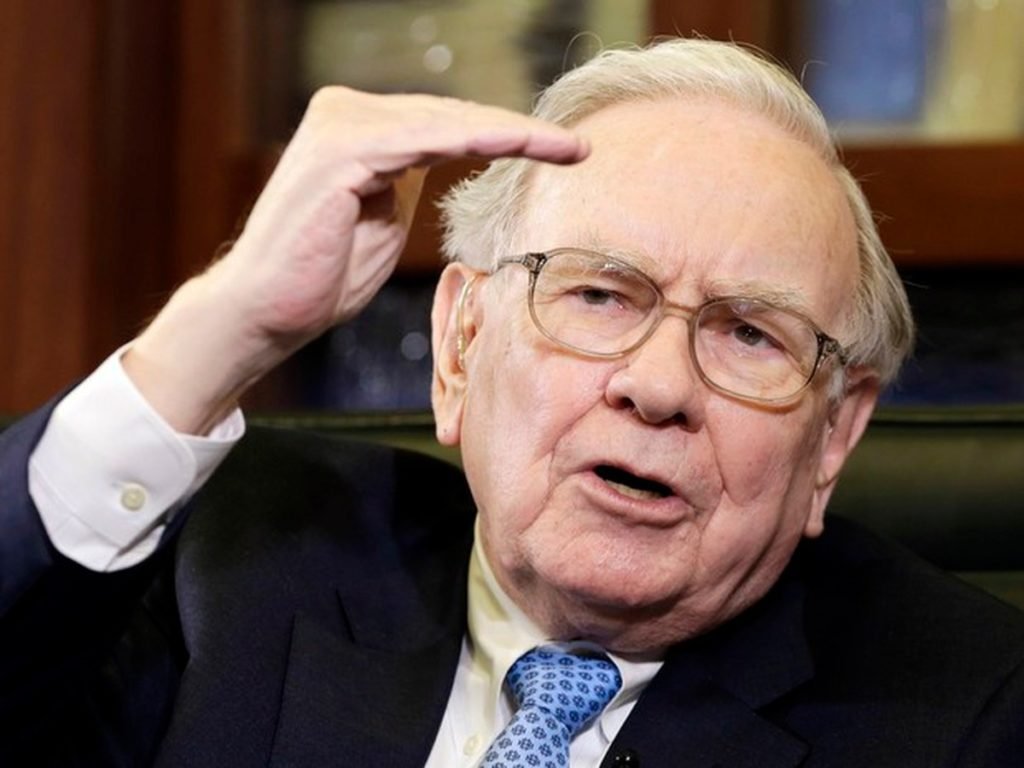
“A profitable company can allocate its earnings in various ways. A company’s management should first examine reinvestment opportunities offered by its current business – projects to become more efficient, expand territorially, extend and improve product lines or to otherwise widen the economic moat separating the company from its competitors.”
Buffett believes that reinvesting the cash into the business would increase shareholder’s intrinsic value far more than a quarterly dividend would. He says that when there are no more good reinvestment opportunities, then a dividend can be considered.
However, even with saying this, he gave his shareholders the option: If they wanted a dividend, they could have it. If they believed that Berkshire could use the cash in a more efficient manner, then it would be reinvested into the company.
How Berkshire Hathaway Reinvests the Extra Cash
Obviously, a lot of the money is used for acquisitions, such as GEICO or Dairy Queen. This is how the company continues to grow, and follows along with Buffett’s investment philosophy, just on a much larger scale.
Buy good, quality companies at good prices.
A lot of the money also goes to improving the companies that Berkshire already controls. New equipment, more workers, better technology, and so on. When the Oracle of Omaha is in possession of the money, you can be confident it will be put to good use.
But occasionally, Berkshire rewards their investors with stock buybacks, essentially buying some shares of the stock, and taking those shares off of the market. This boosts the value of each share, because there are now less of them.
Should Berkshire Hathaway Pay Dividends?

Warren Buffett has been repeating the same thing since his initial partnership when he was 11 years old:
Warren can handle the money better than you, he can grow the money at a faster rate than you, he can use it more efficiently than you. So, he gets the money, and you get the returns year-after-year.
As mentioned before, Berkshire occasionally perform stock buybacks, both at their benefit along with the shareholders. If Berkshire is ever undervalued, there is a good chance that they will buy back shares of their stock. Buffett has this to say about the subject:
“If the market prices a departing partner’s interest at, say, 90¢ on the dollar, continuing shareholders reap an increase in per-share intrinsic value with every repurchase by the company.”
Naturally, since Buffett is the largest shareholder of Berkshire, he reaps a large reward with each stock buyback, as do the shareholders. As long as the share price does not match the intrinsic value, buybacks are an available option.
Will Berkshire Hathaway Ever Pay Dividends?
In 2012, Warren Buffett had a statement to make about the possibility of paying dividends in future years:
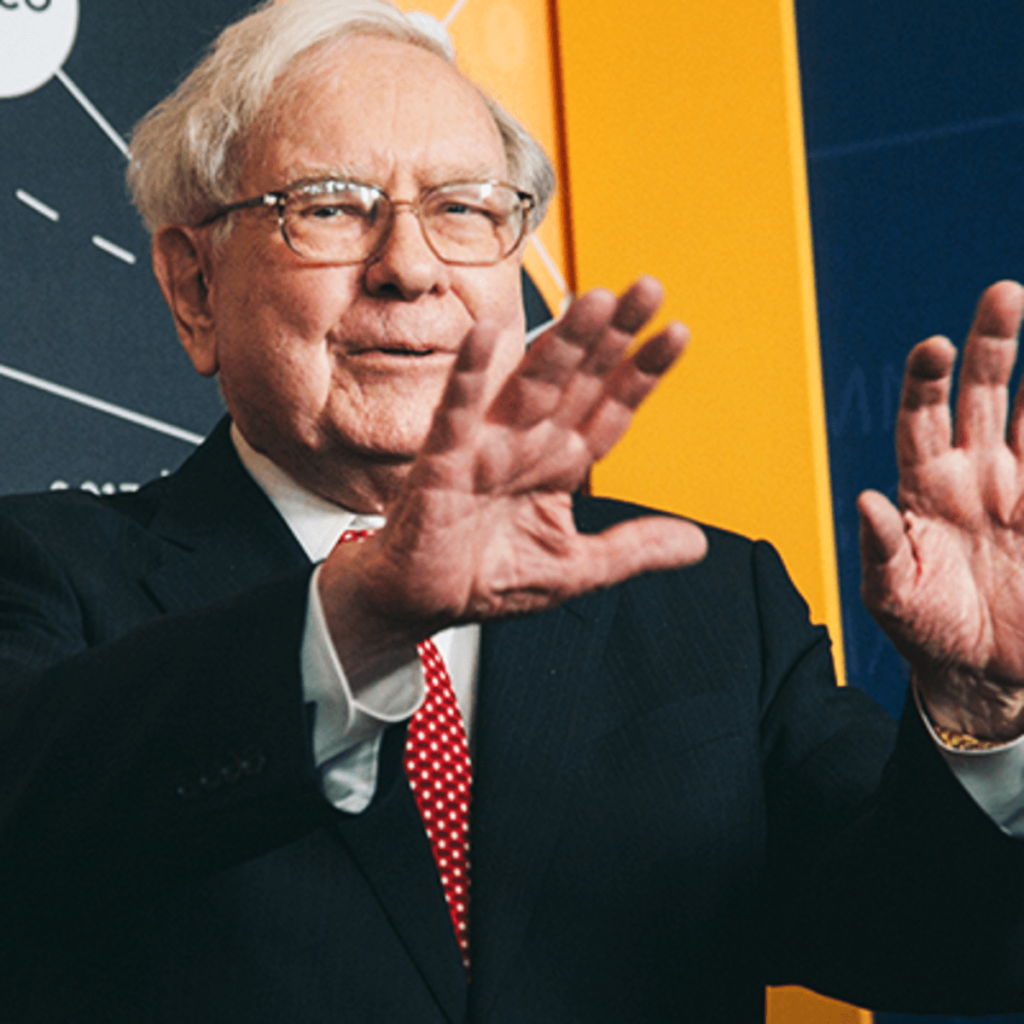
“When the time comes — and it could come reasonably soon, even while I’m around — and we really don’t think we can get the money out in a reasonable period of time into things we like, we have to reexamine, then, what we do with those funds. And at that time that we make a decision, it might include both, but it could be repurchases, it could be dividends.”
We are now in 2020. It has been 8 years since he made that statement, and the only other update was in the 2018 letter to shareholders, when he said that Berkshire Hathaway may institute a dividend 10 or 20 years down the road.
He was 88 at the time that he made that statement, so it is easy to presume that he was talking about after his death.
Berkshire may not pay a dividend, but it grows in other categories. It appears that the probable conclusion is that stock buybacks will continue to be the method of paying shareholders for the near future.
